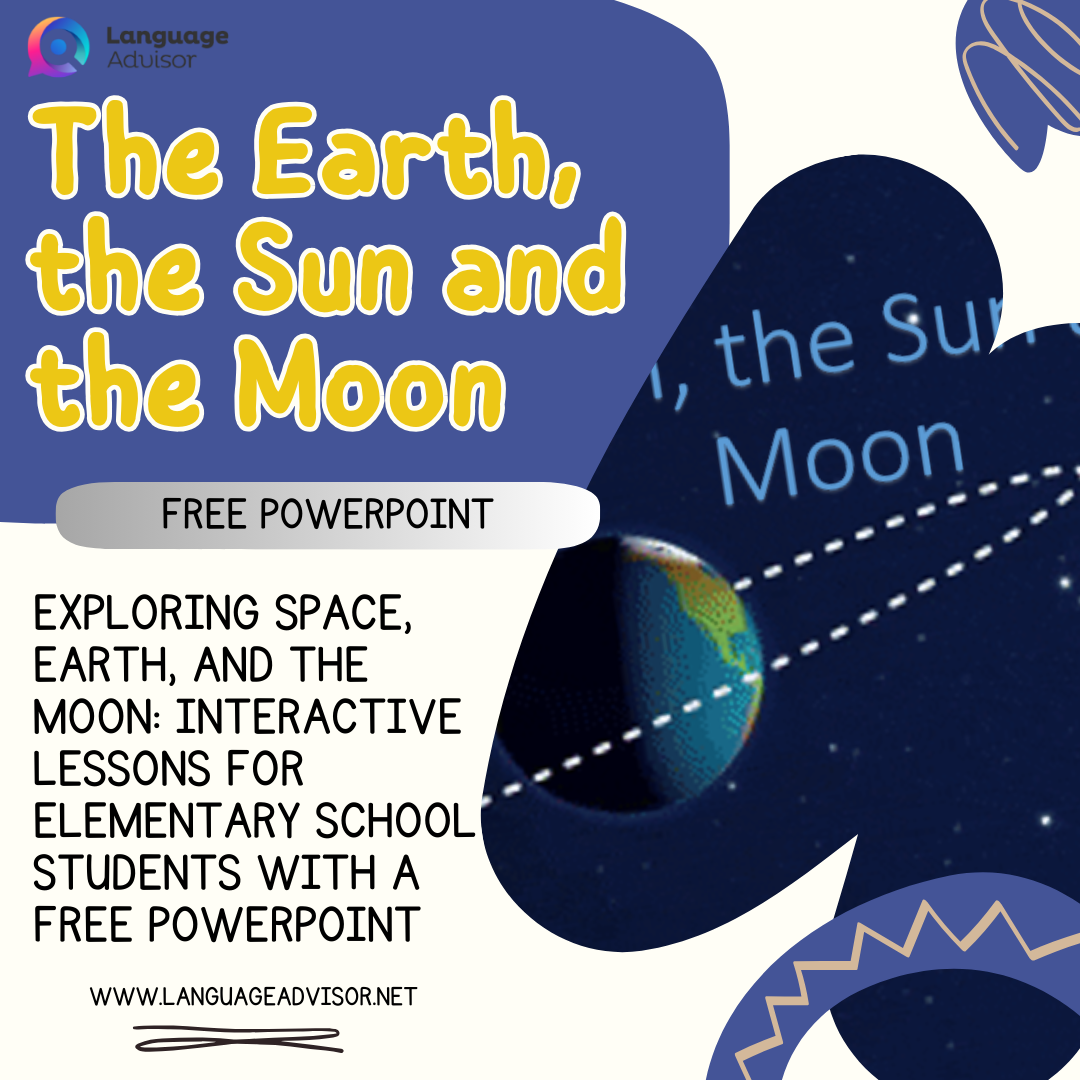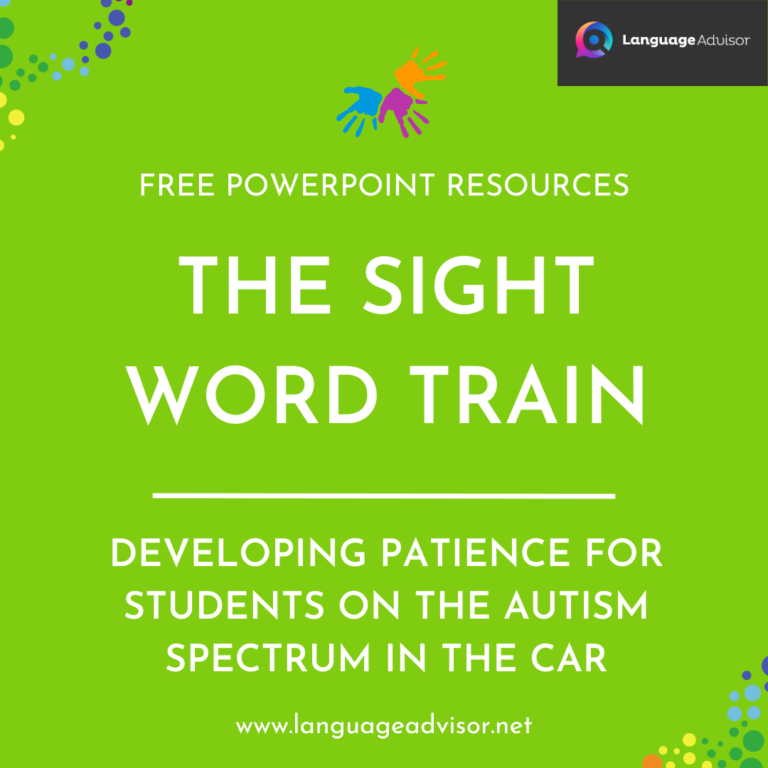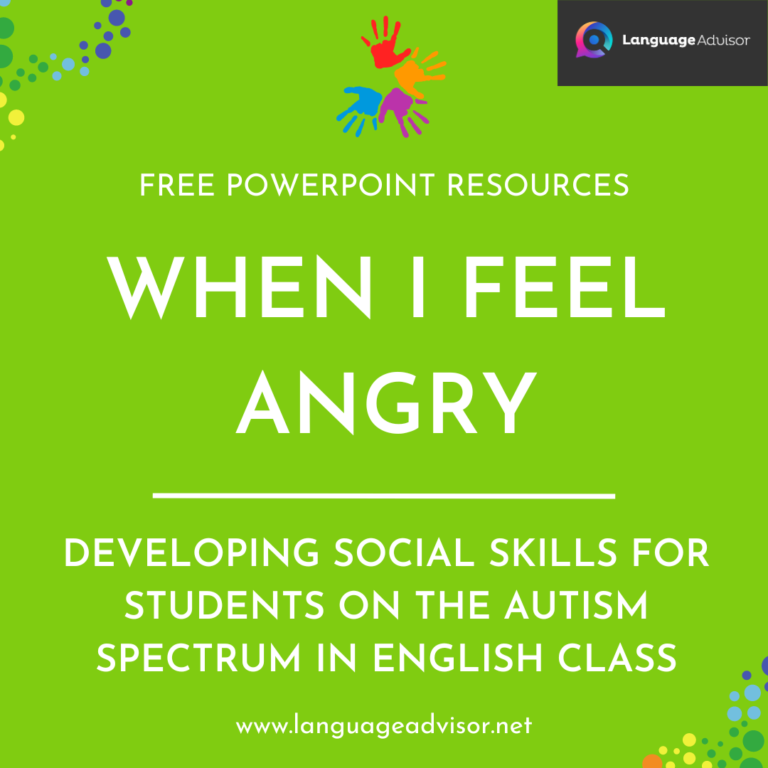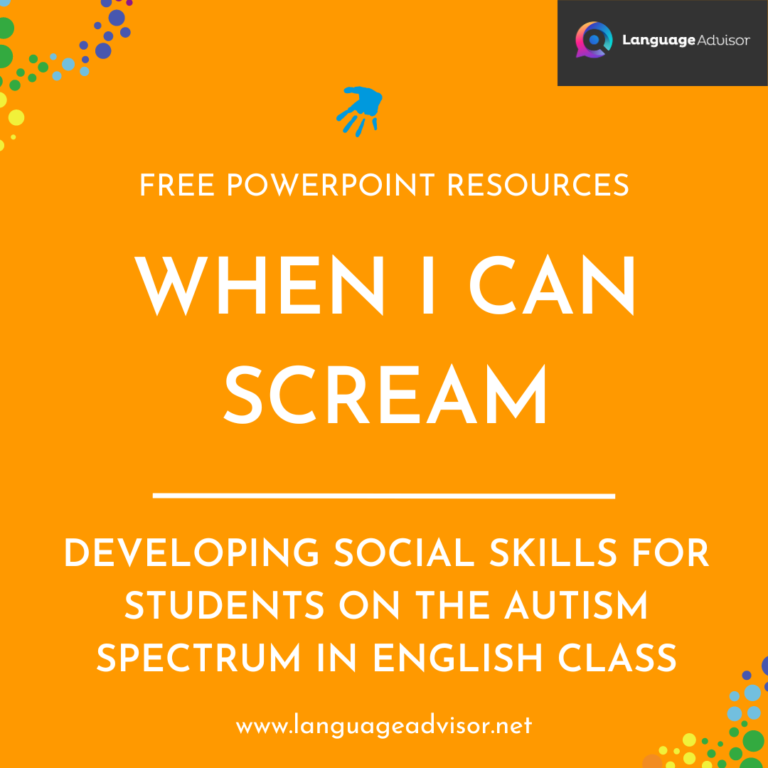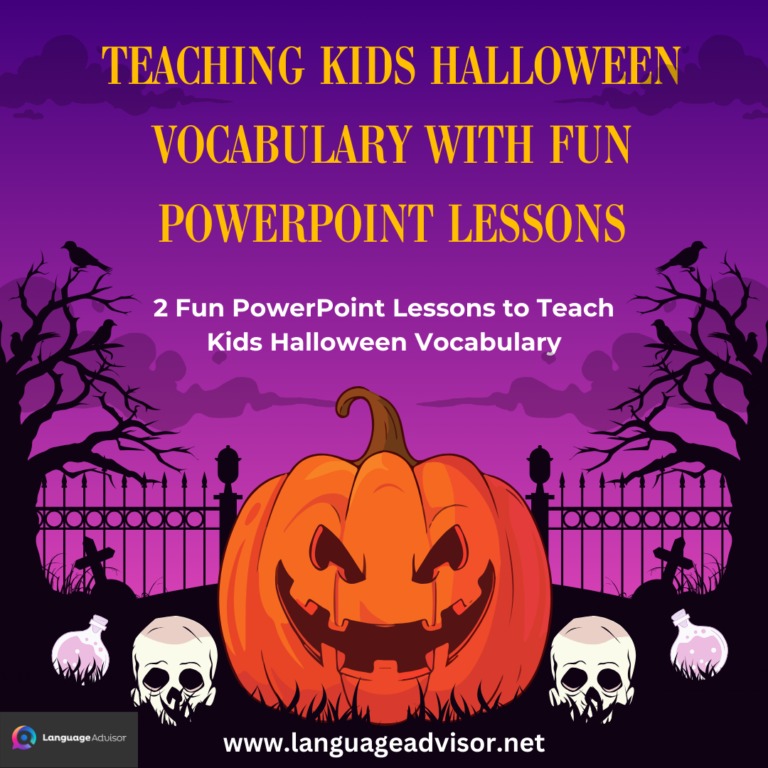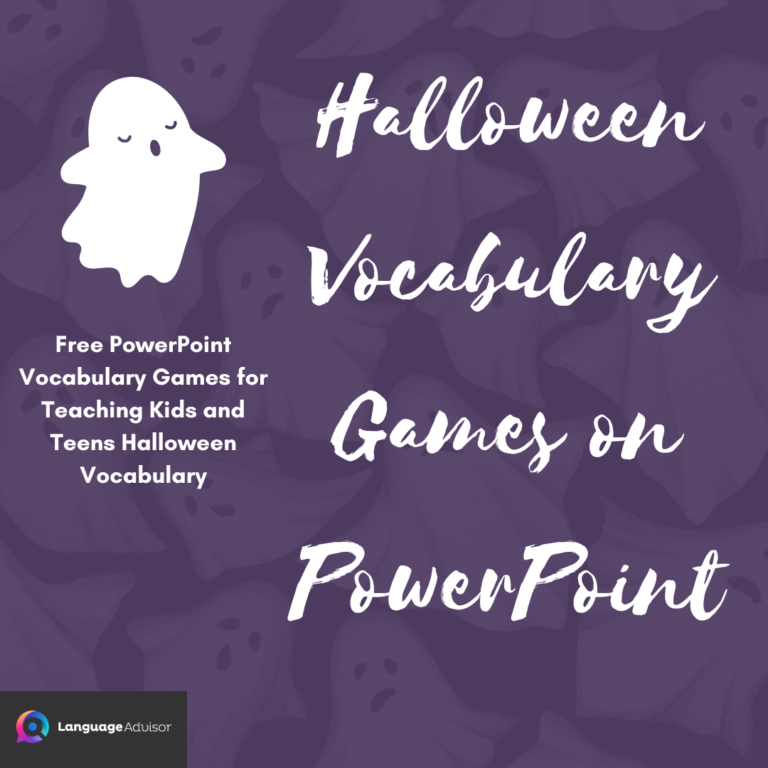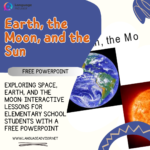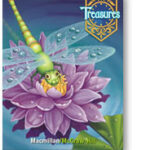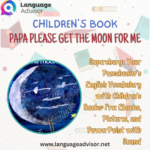The Earth, the Sun and the Moon. Exploring Space, Earth, and the Moon: Interactive Lessons for Elementary School Students with a free PowerPoint
The Earth, the Sun and the Moon

The Earth, the Sun and the Moon
Teaching space, Earth, and the moon to elementary school students is an exciting journey of discovery and exploration. By engaging young learners with interactive lessons and captivating visuals, educators can spark curiosity and inspire a lifelong interest in science and astronomy. In this blog post, we’ll delve into creative ways to teach these fascinating topics using a free PowerPoint resource, designed to enhance learning and make complex concepts accessible to young minds.
The Importance of Teaching Space Science
- Inspiring Curiosity: Learning about space ignites curiosity and wonder in children, encouraging them to ask questions, explore, and seek answers about the universe.
- Fostering Scientific Literacy: Teaching space science introduces children to fundamental scientific concepts, such as gravity, orbits, and celestial bodies, laying the foundation for scientific literacy and critical thinking skills.
- Cultivating Appreciation for Earth: Exploring space provides perspective on Earth as a unique and precious planet, fostering a sense of stewardship and environmental awareness among students.
- Promoting STEM Education: Space science education encourages interest in STEM (science, technology, engineering, and mathematics) fields, preparing students for future careers in science and technology.
- Empowering Exploration: Teaching about space empowers students to dream big, imagine the possibilities of space exploration, and envision themselves as future scientists, astronauts, and space explorers.
How to Use Space, Earth, and Moon Explorers
- Introduce the Topics: Begin by introducing students to the topics of space, Earth, and the moon, discussing key concepts and generating interest in the subject matter.
- Explore the PowerPoint: Guide students through the Space, Earth, and Moon Explorers PowerPoint, using interactive features and multimedia elements to enhance engagement and understanding.
- Facilitate Discussions: Encourage discussions and inquiries as students explore each topic, prompting them to ask questions, share observations, and make connections to their own experiences.
- Hands-on Activities: Incorporate hands-on activities and projects to reinforce learning objectives and allow students to apply their knowledge in creative ways.
- Reflect and Review: Conclude each lesson with opportunities for reflection and review, allowing students to summarize key takeaways and express their thoughts and questions about what they’ve learned.
Teaching space, Earth, and the moon to elementary school students opens up a world of wonder and discovery. With the Space, Earth, and Moon Explorers PowerPoint resource, educators can engage students in interactive lessons that inspire curiosity, deepen understanding, and foster a love for science and exploration. Let’s embark on this cosmic journey together and ignite a passion for learning about the wonders of the universe!
Happy Exploring!

The Earth, the Sun and the Moon
DOWNLOAD THE POWER POINT FOR FREE


